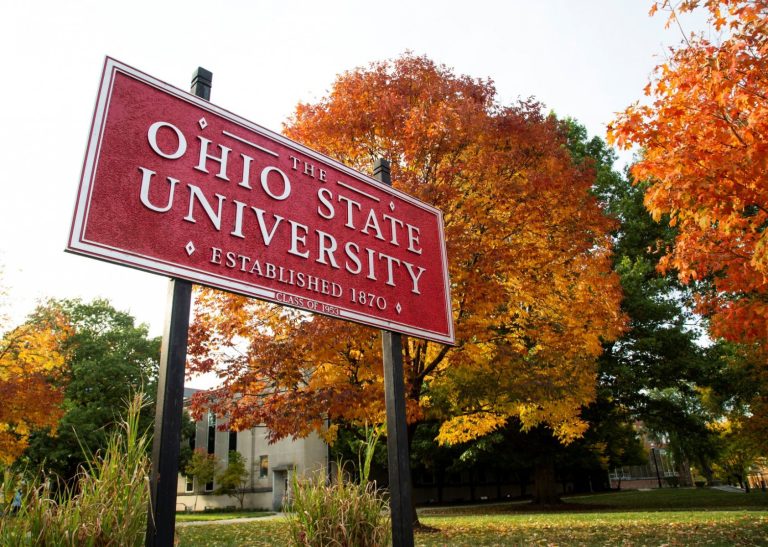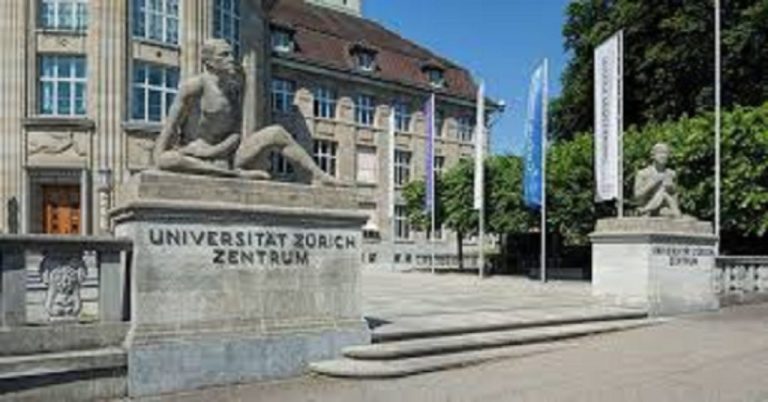Lund University was founded in 1666 and is repeatedly ranked among the world’s top universities. The University has around 47 000 students and more than 8 800 staff based in Lund, Helsingborg and Malmö. We are united in our efforts to understand, explain and improve our world and the human condition.
Lund University welcomes applicants with diverse backgrounds and experiences. We regard gender equality and diversity as a strength and an asset.
Doctoral student in Soil Microbial Ecology
Soil-borne plant pathogens cause a large reduction of agricultural yields globally. Treatment, typically by fungicides, is commonly applied at infection symptoms or preventively, but it is difficult to detect detrimental fungi at an early stage to make combat efficient.
In this PhD project we want to study and identify soil borne fungal pathogens using transparent, microfluidic soil models, developed in our lab, that allow us to directly monitor and controllably experiment on soil fungal mycelia. The project is using a toolbox involving a set of chip designs and AI-based image analysis of soil microbes. This involves experiments with both sterile cultures, soil samples from pot cultures and experimental fields, and field studies.
Work duties
The main duties of doctoral students are to devote themselves to their research studies which includes participating in research projects and third cycle courses. The work duties can also include teaching and other departmental duties, but no more than 20%.
Admission requirements
A person meets the general admission requirements for third-cycle courses and study programmes if the applicant:
- has been awarded a second-cycle qualification or
- has satisfied the requirements for courses comprising at least 240 credits of which at least 60 credits were awarded in the second cycle, or
- has acquired substantially equivalent knowledge in some other way in Sweden or abroad.
A person meets the specific admission requirements for third cycle studies in Biology if he or she has passed an independent project (for example a degree project) of at least 30 credits in a relevant subject and have good oral and written proficiency in English.
- a master degree in biology/horticulture with a focus on the interface soil microbiology and plants, or equivalent.
Additional requirements:
- Experience in experimentation including setting up an experimental design, conducting data acquisition, analysis and interpretation.
- Documented experience with sterile culturing of fungi
- Documented experience with greenhouse-/ field experiments in agricultural settings
- Documented experience with microfluidic soil models Documented experience with GIS and AutoCAD
- Documented experience with AI image recognition Driving licence (European class B)
- Very good oral and written proficiency in English
- Cooperation and ability to work well in the research group.
Assessment criteria
Selection for third-cycle studies is based on the student’s potential to profit from such studies. The assessment of potential is made primarily on the basis of academic results from the first and second cycle. Special attention is paid to the following:
An assessment of ability to work independently and to formulate and tackle research problems. Written and oral communication skills
Other assessment criteria:
- Documented experience with stakeholder interactions within the agritech field
- Experience with molecular community identification is a merit
- Very good oral and written proficiency in Swedish for stakeholder communication
Consideration will also be given to good collaborative skills, drive and independence, and how the applicant, through his or her experience and skills, is deemed to have the abilities necessary for successfully completing the third cycle programme.
Terms of employment
Only those admitted to third cycle studies may be appointed to a doctoral studentship. Third cycle studies consist of full-time studies for 4 years. A doctoral studentship is a fixed-term employment of a maximum of 5 years (including 20% departmental duties). Doctoral studentships are regulated in the Higher Education Ordinance (1993:100), chapter 5, 1–7 §§.
Instructions on how to apply
Applications shall be written in English and include a cover letter stating the reasons why you are interested in the position and in what way the research project corresponds to your interests and educational background. The application must also contain a CV, degree certificate or equivalent, the contact information for two references, and other documents you wish to be considered (grade transcripts, letters of recommendation, etc.).
The Faculty of Science conducts research and education within Biology, Astronomy, Physics, Geosciences, Chemistry, Mathematics and Environmental Science. The Faculty is organized into eight departments, gathered in the northern campus area. The Faculty has approximately 1500 students, 330 PhD students and 700 employees.
We kindly decline all sales and marketing contacts.
| Type of employment | Temporary position |
|---|---|
| First day of employment | 2024-12-01 eller enligt överenskommelse |
| Salary | Monthly salary |
| Number of positions | 1 |
| Full-time equivalent | 100 |
| City | Lund |
| County | Skåne län |
| Country | Sweden |
| Reference number | PA2024/3234 |
| Contact | Edith Hammer, edith.hammer@biol.lu.se+46462224536Jessica Edwinsson, jessica.edwinsson@biol.lu.se |
| Union representative | OFR/ST:Fackförbundet ST:s kansli, 046-2229362SACO:Saco-s-rådet vid Lunds universitet, kansli@saco-s.lu.seSEKO: Seko Civil, 046-2229366 |
| Published | 22.Oct.2024 |
| Last application date | 12.Nov.2024 11:59 PM CET |



